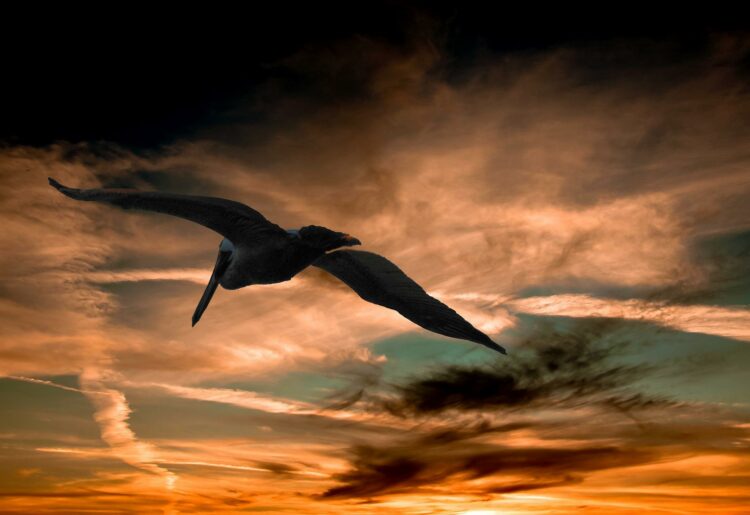On June 14, Reading’s local RSPB group held its final indoor meeting before the summer break.
Tom Oliver, Professor of Ecology at the University of Reading, gave a fascinating and thought-provoking talk on conservation and nature connectedness.
The first half of the talk focused on habitat loss and fragmentation, the impact of the global food system on biodiversity and the effects of climate change.
He highlighted the unsustainable nature of the current global food system and pointed to lack of recognition of environmental impacts, perverse subsidies, landscape degradation and the expectation of cheap and varied foods as constraints which are preventing change.
The second half of the talk looked at the new science of environmental psychology which studies human connectedness to nature.
The rise of an increasingly individualistic society undermines a cooperative approach to finding solutions to the planetary health crisis, but hope lies in the fact that cultivating a stronger connection to nature leads people to adopt more pro-nature behaviours which strengthen conservation.
Work with children by conservation organisations such as the RSPB and Wildlife Trusts gives real hope that we can move from identifying problems in the natural world to providing solutions.
The Reading group begins a new programme of indoor meetings and field trips on Tuesday, September 13, with an illustrated talk on the Tanager family of birds by Glenn Duggan, followed on October 11 by a talk by Steve Magennis entitled Wings over Wales.
All indoor meetings are held in Pangbourne Village Hall starting at 8pm.
Visitors are very welcome.
There is an entrance fee of £5 for non-members, juniors half price.
New members are always welcome with annual membership set at a modest £15 or £10 for juniors.
There will be a minibus trip to the coastal reserve of Keyhaven on Sunday, September 18, and a midweek trip, by car, to Thatcham Discovery Centre, a local BBOWT reserve, on Tuesday, September 20.
These field trips usually produce a wide variety of bird species and other wildlife and members are always willing to give help and advice to beginners.
For more information visit www.reading-rspb.org
























